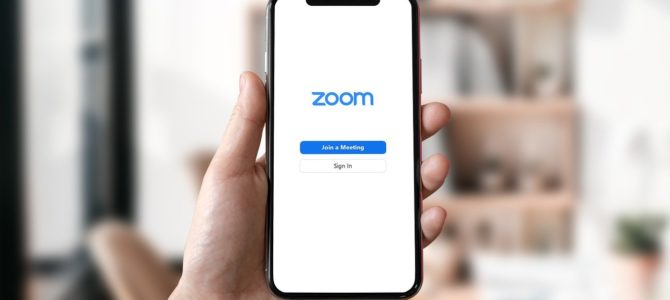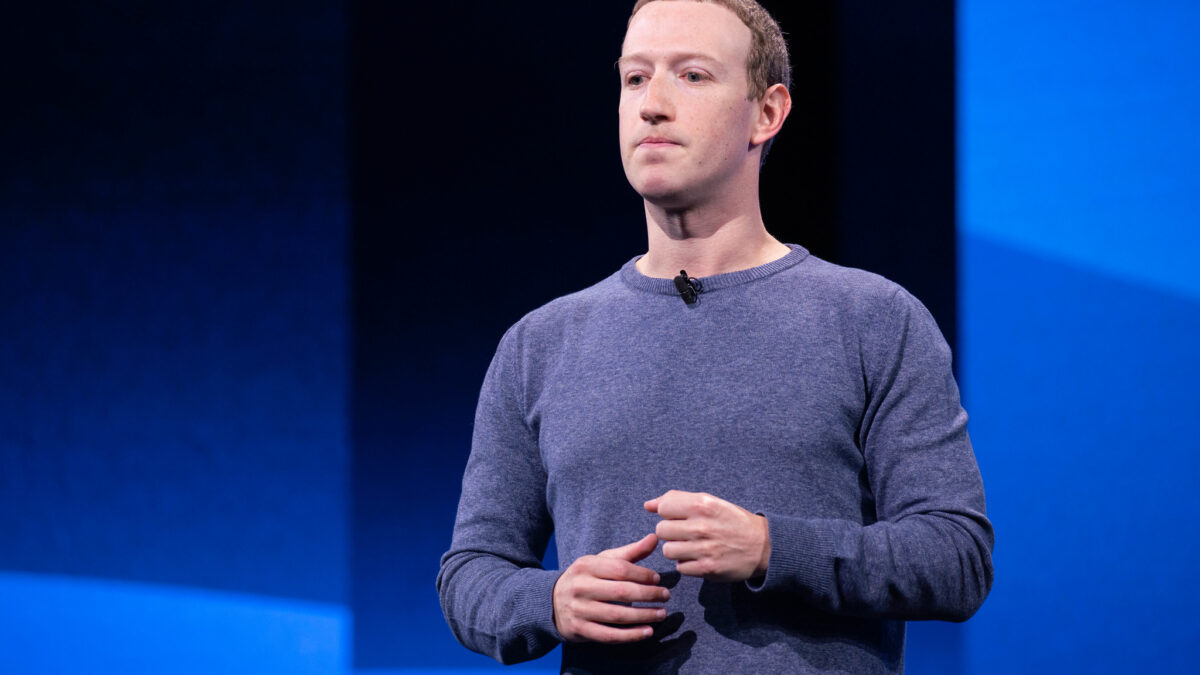
Zoom, the software many had never heard of prior to COVID-19 and the lockdowns that followed, surged nearly 400 percent last year. But as many industries return to being in person — and competition flourishes due to other businesses offering services accompanied by other features — it took a more than 15 percent tumble on Tuesday. This is a good thing.
Amid societal decay and economic turmoil, Chinese-American billionaire Eric Yuan’s company made a killing. Although shares fell, the stock recorded an astounding $1 billion in quarterly revenue for the first time in its history, beating analyst estimates. But as Maria Armental of the Wall Street Journal noted, its revenue increase was nothing compared to before.
“While the company forecast revenue of more than $1 billion again in the current quarter, its adjusted earnings guidance came in lower than expected,” Armental wrote. “And company officials said small businesses and consumers were starting to spend less as opportunities for in-person meetings and gatherings expand.”
Zoom’s present and conceivable future struggles, at least compared to its gigantic, seemingly overnight success, makes complete sense in conjunction with the current conditions of the United States. Americans are dissatisfied with lockdowns.
Schools, which encompassed a significant portion of Zoom’s growth, are largely taking place in person this year. The coronavirus has led companies to reconsider remote work, as The Federalist’s Joy Pullmann described in a recent article, but certainly many industries are ditching the screen as a be-all, end-all for corporate life. This includes banks such as Morgan Stanley, JPMorgan Chase, Goldman Sachs, and Bank of America.
“If you can go to a restaurant in New York City, you can come to the office,” Morgan Stanley CEO James Gorman said at a June investing conference. “And we want you in the office.” Executives at JPMorgan shared a similar sentiment earlier in the summer, stating, “We firmly believe that working together in person is important to our culture, clients, businesses and teams.”
Zoom was never meant to replace the workplace. Yuan admitted as much back in May. Speaking at a virtual summit with CEOs, the Zoom czar described how he never schedules any “back-to-back meetings anymore” due to his “Zoom fatigue.”
Of course, the trivial “Zoom fatigue” of a man with a $14.3 billion net worth should not be the concern of anyone. There are men working in dusty coal mines breaking their backs. There are police officers and firefighters dealing with arrogant lawmakers and activists who do not respect their work, as they put their lives on the line amid spiking crime. There are auto mechanics fixing cars during a global supply and trade shortage.
Please, one would be justified in saying, spare us the woes of the laptop class. But two things can be true at once.
While it proved serviceable in linking people at the beginning of government-enforced lockdowns, Zoom is not real life. Some workplaces may wish to remain in a perpetual state of digital adoration — particularly the Too Online members of society — but disavowing bureaucrats who want to shutter society until every inch of COVID is erased should be top of mind for Americans.
Lockdowns have taken an unforgettable toll on every aspect of American society: depression, suicide, obesity, economic despair, and the impediment to constitutional rights. As The Federalist’s Tristan Justice articulated this week, “A year of at-home [of] Zoom instruction … has now brought devastating consequences beyond cognitive decline.”
“The re-emergence of these failed measures threaten to wreak havoc on the nation’s psyche,” Justice also wrote. “It was once headed back to a normal that now may never return as Americans begin to cope with the lives they lose under lockdown.”
Such cognitive decline has the ability to spread when the world is reliant on a video conferencing platform to function. In the case of vulnerable school children especially, studies reliably show that social isolation is a pandemic itself necessary to combat. Living in “the pod,” as New York Post Op-Ed Editor Sohrab Ahmari articulated at a recent Intercollegiate Studies Institute conference I attended, is indicative of undeniable “dystopia.”
The pod we have allowed to envelop us is unsustainable. It is unsustainable because it is contrary to human nature. It should come as no surprise, but it feels vital to reiterate: chat buttons do not substitute messages, emojis do not substitute emotions, and video chats do not substitute in-person interactions that foster nuance.
It is no doubt counterintuitive to argue Americans should want a stock to tank. One need only turn back the clock to our 2008 housing bubble to understand just how significant the market is in terms of economic well-being, even though Zoom is only one piece of an expansive pie.
Zoom is a company that boomed on COVID, however. It has artificially been elevated as our norm, but it is no such thing. Unlike a company like Microsoft that offers much more than just video-chatting, Zoom was made for a time such as this. But this time needs to pass.









